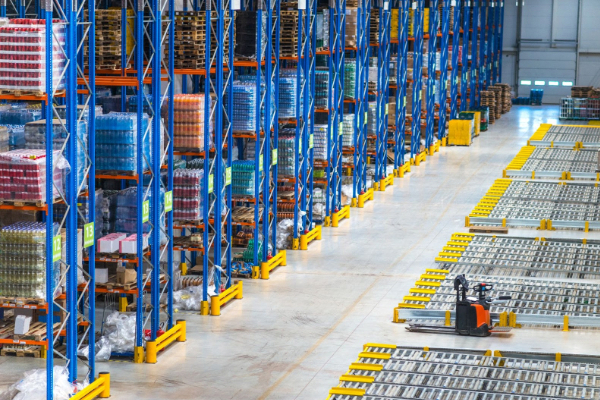While major logistics hubs like London, Sydney, and Dubai grapple with high operating costs and slowing rental growth during the first half of 2025, markets in the Asia-Pacific region—particularly Vietnam—are maintaining stable and optimistic development, outperforming many expectations.
A recent report from Savills highlights this trend, revealing that global prime warehouse rental prices increased by just 1.1% in the first half of the year—the lowest rate of growth recorded in three years.
Amid this global cooling, Vietnam has emerged as a bright spot, distinguished by a balanced supply-demand dynamic, reasonable rental rates, a strategic geographic location, and improving infrastructure.
Unlike some markets that saw sharp post-COVID price spikes, Vietnam's prime warehouse rents have remained steady. This stability is largely due to a continuous stream of new supply and a tenant base known for being highly cost-conscious.
According to Savills data, prime warehouse rents stand at approximately $5.3/sq.m/month in Ho Chi Minh City and slightly higher at $5.5/sq.m/month in Hanoi.
Mr. John Campbell, Head of Industrial Services at Savills Vietnam, noted that the country's performance mirrors the broader stability of the Asia-Pacific region.
"Thanks to a steady supply pipeline and tenants with clear cost-control strategies, the market has maintained reasonable pricing and is less susceptible to the sharp rental surges seen in global hotspots," he explained.
Beyond its supply dynamics, Vietnam's appeal is further bolstered by significantly lower land and construction costs compared to mature logistics markets in the region, such as Japan, South Korea, and Singapore.
Furthermore, Government policies promoting investment in infrastructure and logistics have been instrumental in keeping operating costs competitive while fostering a favorable ecosystem for manufacturing and distribution.
Crucially, Vietnam's strategic location, access to vast markets, and political stability have solidified its position as a key component in the supply chain restructuring strategies of many international corporations.









 Google translate
Google translate